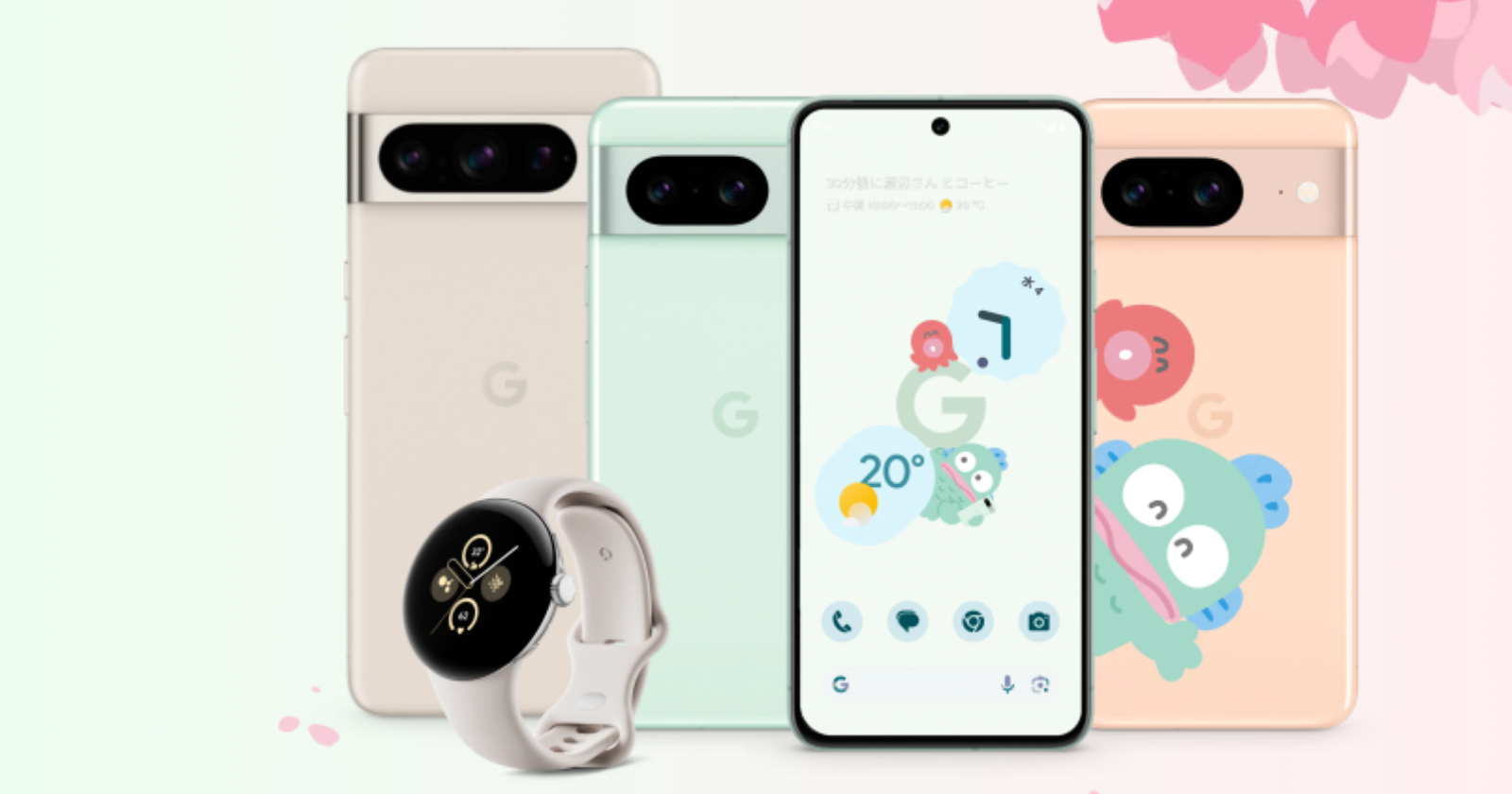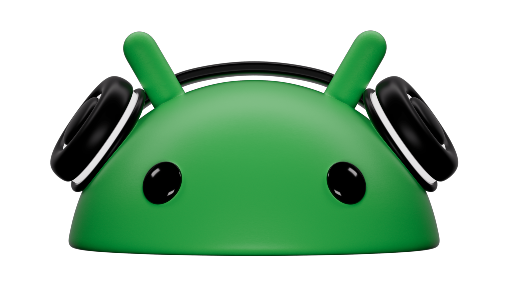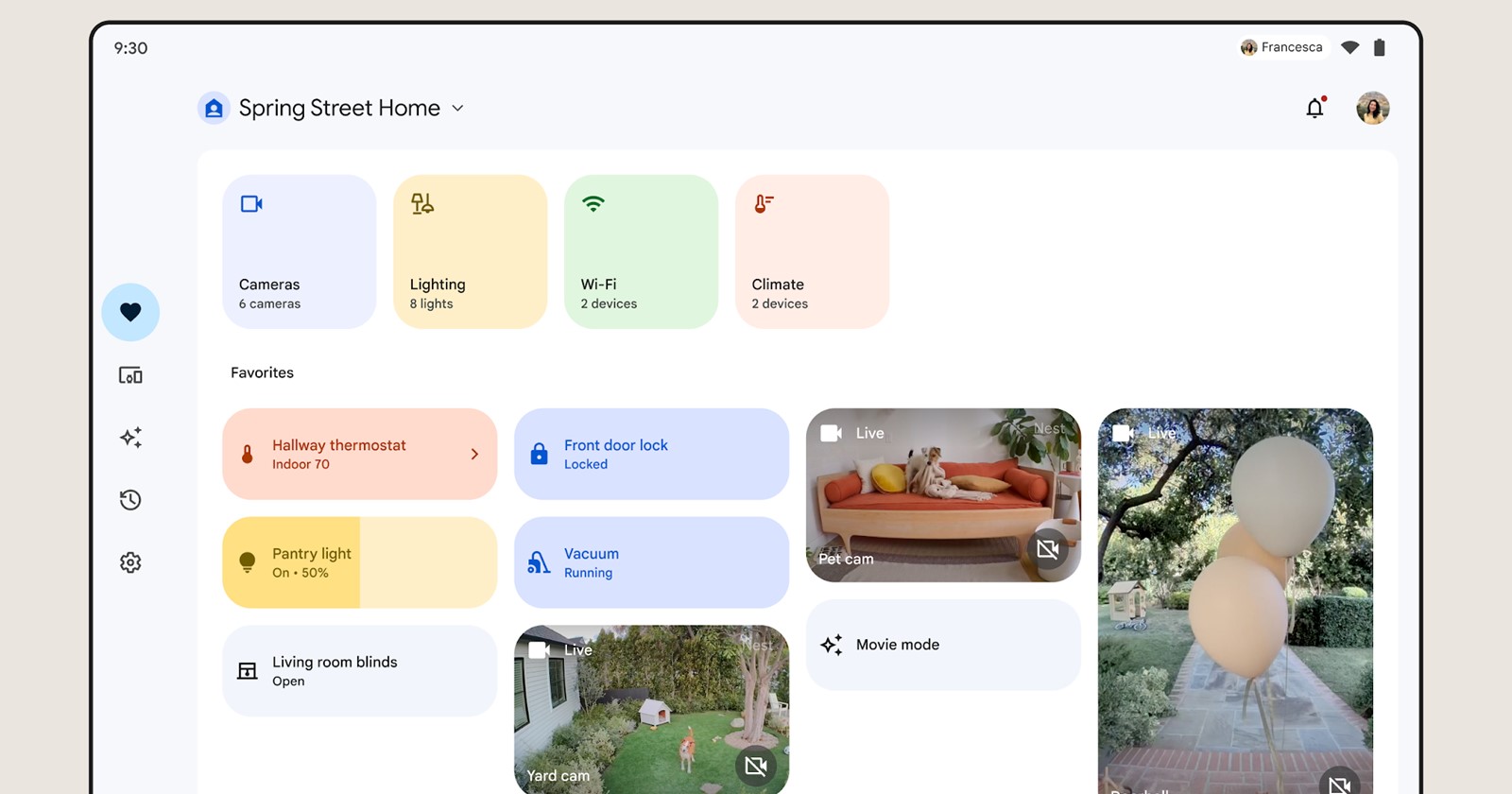In the latest Made by Google Podcast episode, Seang Chau (VP) shed light on the intricate workings behind its groundbreaking 7-year OS update commitment for Pixel devices. This coincided with the introduction of the Gemini Nano feature on the Pixel 8 in the upcoming Feature Drop, marking a shift in Google’s software support strategy.
Extending software support to a full seven years necessitates collaboration across various entities. Google emphasized its close work with suppliers, partners, the Android team, and carriers. This collaborative effort ensures testing labs are adequately equipped for continuous update testing. Notably, Google pinpoints the Tensor chip as a critical factor, acknowledging its role as the most complex element when it comes to software updates. Maintaining consistency in the Tensor chip across generations simplifies the update process.
Data-driven decisions for a 7-Year commitment
Another crucial aspect is the transition to year-round beta programs with Quarterly Platform Releases (QPRs). Seang Chau highlights the advantages of this approach. “The year-round beta programs provide us with significantly more confidence in delivering reliable updates on a quarterly basis,” Chau explains.
This decision by Google to extend support to 7-year OS update stems from a data-driven approach. Google meticulously analyzed user data to understand the typical lifespan of a Pixel device. This analysis factored in factors like continued use by the original purchaser, resale, and inheritance by family members.
In the latter stages of the seven-year support window, Google prioritizes software-only features that don’t necessitate additional RAM, storage, co-processors, or other hardware enhancements. The company strives to ensure these features reach all supported devices within the timeframe.
Finally, Google addressed the decision to equip only the Pixel 8 Pro with the Gemini Nano initially. RAM capacity emerged as the primary factor. The memory-intensive nature of Gemini Nano necessitates a larger RAM allotment. Google conducted extensive testing to avoid compromising user experience on the Pixel 8. This is primarily why Gemini Nano will roll out as a developer preview for the Pixel 8 in a few months.




